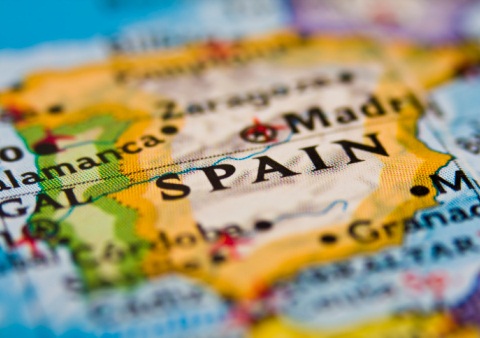Spain’s Ministry of Employment and Social Security reported that in October its economy lost 87,028 jobs and the total number of unemployed in the southern European nation rose to 4,811,383. Summer is over, and with it any hope that the jobs situation will improve. While many of the hardest hit economies have begun the smallest of recoveries, Spain is an example those few that will be left behind, probably for years.
Only two or three nations are in a bind as bad as Spain’s. Greece is first among these. It has no parts of its economic engine that can pull it out of years of high unemployment, poor tax-collection methods, public graft and government overspending. Any hope that stimulus can be used to boost the economy has been lost as larger members of the European Union, the International Monetary Fund and European Central Bank have refused it.
Spain’s employment base is dominated by the tourism, auto manufacturing, pharmaceutical and oil and gas sectors. Tourism should remain strong, if it can keep its public transportation workers on the job. Auto manufacturing in Europe has become a terrible industry. The pharmaceutical sector is an unusually competitive one, which relies heavily on R&D capacity. It is not clear whether Spain’s drug companies have been plagued by the revenue problems that have overwhelmed much of the other economic sectors.
Rounding out the jobs trouble in Spain is the cratering of the real estate market, similar to others around the world, which has deeply wounded the construction and financial sectors. Spain does not have a central bank, nor can the federal government offer support to help these industries recover.
It is easy for Spain’s neighbors and the United States to shrug their shoulders and say that Spain’s problems can persist because it is a relatively small economy that gets to pay for its excesses year after year. Inside Spain, workers have no reason to hope that, without outside assistance, things will ever get better.
100 Million Americans Are Missing This Crucial Retirement Tool
The thought of burdening your family with a financial disaster is most Americans’ nightmare. However, recent studies show that over 100 million Americans still don’t have proper life insurance in the event they pass away.
Life insurance can bring peace of mind – ensuring your loved ones are safeguarded against unforeseen expenses and debts. With premiums often lower than expected and a variety of plans tailored to different life stages and health conditions, securing a policy is more accessible than ever.
A quick, no-obligation quote can provide valuable insight into what’s available and what might best suit your family’s needs. Life insurance is a simple step you can take today to help secure peace of mind for your loved ones tomorrow.
Click here to learn how to get a quote in just a few minutes.
Thank you for reading! Have some feedback for us?
Contact the 24/7 Wall St. editorial team.


